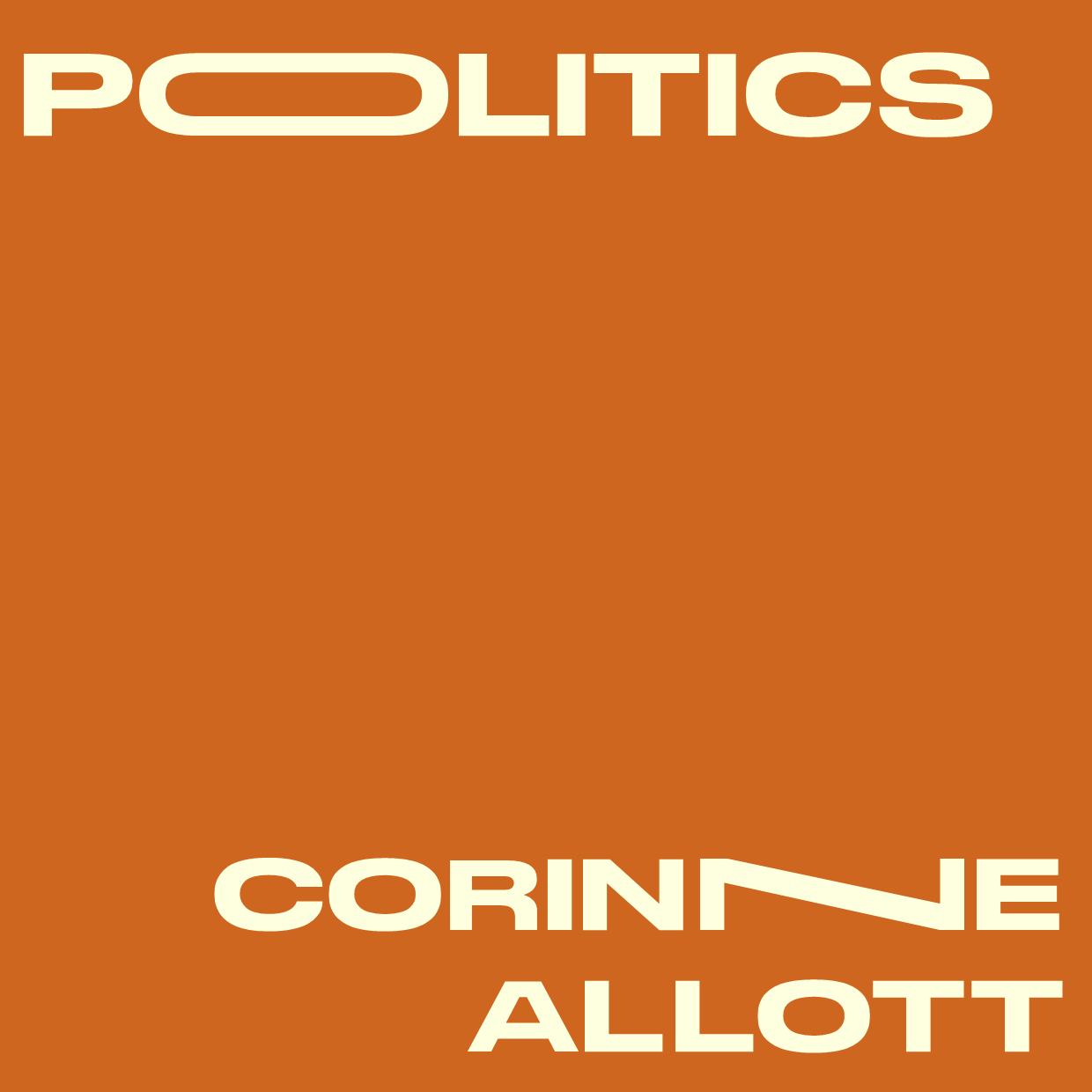Words: Corinne Allott (She/Her)
On October 16th 2022, Xi Jinping stood in congress to begin a rare third term as leader of the Chinese Communist Party (CCP), and President of the People’s Republic of China. His regime, almost unanimously criticised by Western world leaders, has been a topic of political conversation ever since he assumed office in 2013. His dedication to the principles of the Chinese Communist Party, along with his increasing paranoia of Western intervention, have been evident throughout his leadership. Yet recent circumstances have started to beg the question – can his government survive the turmoil of the Covid-19 pandemic?
Casting back to the beginning of 2020, in which the pandemic took hold of the capital of the Hubei province, Wuhan, it was clear that Covid-19 would be a significant part of China’s current political landscape. Fast forward to mid February 2022: the Omicron wave hit, leading to the reintroduction of strict lockdown across provinces in China. Whilst the rest of the world has learned to live with the virus, Xi Jinping’s government sacrificed economic prosperity to beat the pandemic. There has been a backlash due to its tight control and apparent lack of effectiveness, with no provinces recording zero cases.
It is difficult to picture a China struggling with economic progression, especially amongst younger generations. Since 1978, China has experienced huge growth, largely due to investment, and the low cost of its manufacturing and exports (we’ve all seen the tags ‘Made in China’). Yet this growth has moderated in recent years, with 2021’s 8.1% GDP growth dropping to an expected 2.8% in 2022. While the rest of the world has also suffered economically due to Covid-19 restrictions, theirs have not been as stringent as China’s. We can therefore assume that Covid-19 is a significant factor, however extreme weather and the war in Ukraine may have had impacts too. The CCP have in the past attempted to improve this plateau of economic progression prior to recent outbreaks, but with much of this effort involving mobilising their workforce, its effectiveness is also undermined by zero covid policies.
Both international and domestic tourism are stagnating, the economic impacts of the zero Covid policy once again proving obvious. The CCP’s reliance on markets to economically prosper has meant that zero covid measures are hindering China’s economic growth. There has been increasing fear of disruption in exports, meaning that companies are losing trust. Apple is an example of this, with the first slump of iPhone imports and exports since May 2020. Chinese stock markets actually rose on the back of mere rumours of a lockdown ending in China, further demonstrating the impact of the policy on the economy.
Xi’s prioritisation of domestic markets is apparent in his rejection of Western developed vaccines, a choice that may prove, and perhaps has already proven, detrimental to China’s fight with the virus. But the irony is that domestic issues lie at the forefront of the problems Xi faces. His authoritarianism is at play, and perhaps only furthers the decisions he has made over the past decade.
There is a tendency to characterise Xi Jinping’s policies as being associated with the absolute fear of social unrest. This is made evident by each of his political decisions. The National Security Law, passed in June 2020, was directed at anti-government protests in Hong Kong. It was conceived in secrecy, and gives Beijing broad powers to crack down on separatism and what they label government collusion. Recent disobedience to lockdown, whilst incomparable to the protests in Hong Kong, are showing signs of the unrest Xi fears. His regime may be authoritarian, but this does not mean that it is effective.
Another example of this mindset in action is the detainment of over one million Uyghur muslims in camps in north western China, in the name of “reeducation camps”. It is a devastating realisation of the extent Xi Jinping will go to exert his power. Indeed, Evan Osnos of the New Yorker describes him as “the most authoritarian leader since Mao”.
We see the party’s fear of the unrest manifesting in its approach to Covid, too. Measures such as administering a PCR test every 3 days in order to enter public buildings and forced isolation centres may be minimal compared to past regime choices, but their impacts are clear. The lessening compliance, evidenced in protests in Guangzhou where crowds escaped lockdown leading to riot teams being deployed, are mirroring the protests of earlier regimes in China. It is becoming increasingly apparent that the CCP cannot effectively control their plethora of citizens.
Xi nonetheless continues to defend his authoritarianism: at his congress speech which commenced his third term in office, he reaffirmed his commitment to the zero covid policy. We are not in fact viewing a deterioration of China’s authoritarianism, but a restrengthening of his commitment to the cause. Xi’s childhood allegiance to the party who humiliated him and imprisoned his father means that – where most leaders would abandon a policy that has caused such economic and humanitarian devastation – Xi Jinping still remains dedicated.
It is clear that in order to gain back economic power, and have a more stable government, Xi must rethink his zero Covid policy. But it would be naive to assume that a childhood allegiance to such a political outlook will waver. Ultimately, with China’s future uncertain, one thing stands clear: democratisation is near impossible, and the zero Covid policy remains an illustration of such.
Sources:
https://www.worldbank.org/en/country/china/overview
https://www.bbc.com/news/world-asia-china-62046521
https://www.bbc.com/news/world-asia-pacific-11551399
https://www.newyorker.com/magazine/2015/04/06/born-red
https://www.bbc.com/news/world-asia-china-62046521
https://www.bbc.co.uk/news/world-asia-china-63633109

